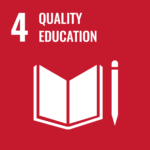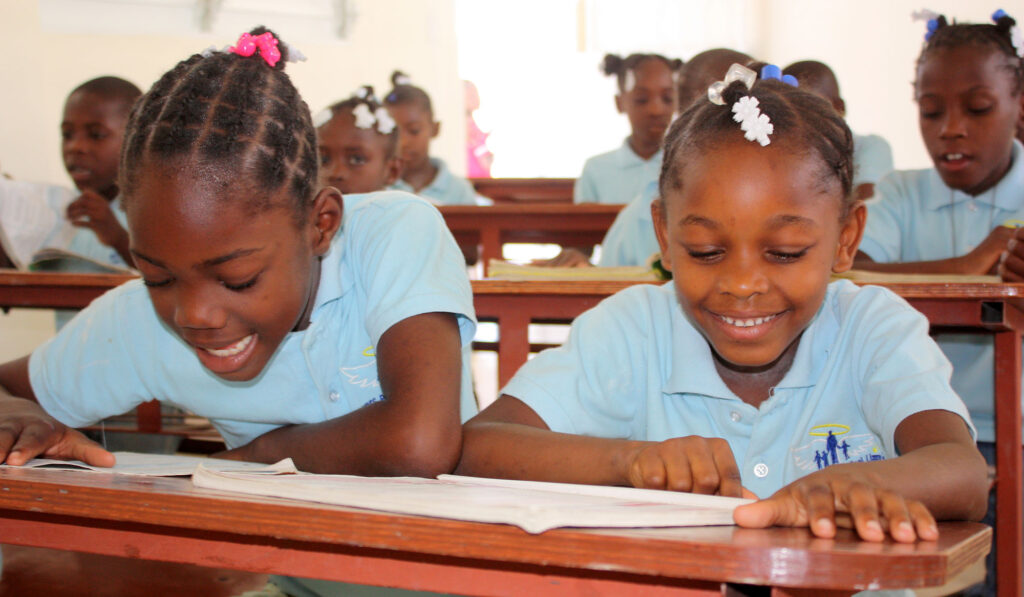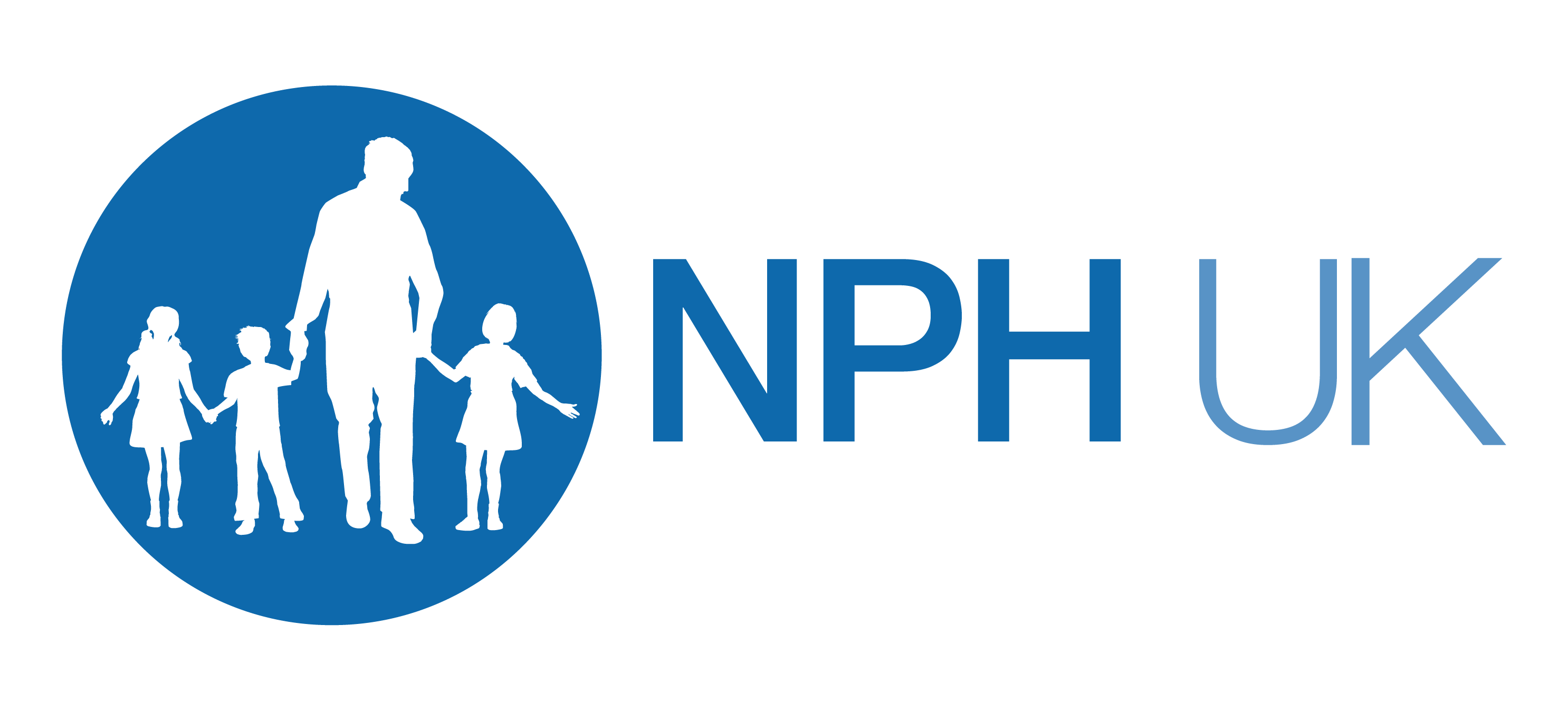Education as a human right

Children make up almost half of the world’s poor and are often worse affected by poverty than adults. Lack of access to education routinely goes hand in hand with insufficient food and the absence of clean drinking water and healthcare.
Being deprived of an education diminishes the life chances of poor children and their ability to realise their full potential.
Deprivations like these have devastating life-long consequences and serious implications for vulnerable children, future generations and societies.
Education is a human right and the key to sustainable development. Education offers children a way out of poverty and a path to a promising future.
Education is a key programme at NPH, and we continue to strive to meet the UN Sustainable Development Goal 4: Providing a Quality Education.
Education in Latin America
In Latin America and the Caribbean on average 22% of the children are not enrolled in upper secondary education, in Guatemala and Honduras more than 50%. According to the UN state of world children data the completion rate for primary education in Haiti is no higher than 49% for boys and 58% for girls.
Poverty and the denial of a child’s right to an education go hand in hand. According to UNICEF, for the countries NPH serves in, the percentage of children and youth who experience child poverty ranges from 37.6% in Mexico (2010) to 79.9% for Guatemala (2006).
Education at NPH
Since the beginning, NPH has believed in providing a holistic education that will help vulnerable children and youth grow in mind, spirit and body. Each and every day, the NPH centres strive to carry out Father Wasson’s vision that he shared when he said, “Education will take my children out of the poverty into which they were born.”

A personalised, inclusive approach
NPH ensures that children receive their universal right to education by accepting students’ distinct learning needs. We adopt a personalised, inclusive approach that recognises past hardships and transforms them to fulfil their unique potential.
Over 5,250 children enrolled in education through NPH
In 2023, NPH provided over 2,900 scholarships for children from low-income households and vulnerable neighbourhoods to attend school. Even more children and young people living at NPH centres attend school from kindergarten to university or vocational school.
Girls and boys are equal at NPH
All the girls and young women in our centres and schools have the same opportunities as the boys to finish their primary education and attend university. They are raised as equals at NPH and they are encouraged to cultivate and pursue their dreams.
Girls’ achievements
As girl empowerment is a key component of our work at NPH, the success of the girls and young women speaks for itself: in 2023, 51% of our youth who earnt a vocational certification were girls and young women. 55% of our high school graduates were girls and 71% of our university graduates were women.
Low drop-out rates
The drop-out rate at NPH is low in comparison to the public school system. And with support through scholarships and tutoring, the children and young people from vulnerable communities thrive and stay in school. Community scholarships are only provided if parents guarantee that their children go to school and do not help on school days in the harvest season, for example, or have to work to generate income for the family.
NPH’s unique approach to education
NPH is a family for life to the children in our care. The education we offer them is a fit with their needs and abilities. Reaching adulthood is not the end. If they have the will and ability, we will support them through university.
Education in the social context
When children cannot go to school, they are deprived of more than just education. Without structured school time, children lose their routine and are unable to socialise with their friends. Some rely on school-feeding programmes and will therefore miss what may be their only nutritious meal of the day. Besides increasing their exposure to undernutrition, being out of school means children are at greater risk of other dangers at home or in their neighbourhood, such as child labour, trafficking, adolescent pregnancy, sexual exploitation and abuse, child marriage (or early unions) and violence.
Education meets healthcare, nutrition and more
Children attending NPH schools receive healthcare if needed, as well as education and advice on health issues. They also benefit from nutritional meals and snacks. Many arrive without having eaten breakfast and their families do not always have the means to provide them with lunch.
How you can help personally
Help us continue providing a quality education for our children in the 9 countries in Latin America and the Caribbean where we serve.
A partner for trusts and foundations
Do you work with a charitable trust or foundation interested in investing in education for vulnerable children in Latin America? We are a trusted partner for such organisations and would love to hear from you. Read more about our partnerships or contact us.
Sources
UNICEF State of World’s Children report
UNICEF Investing in Education
World Bank
NPH accomplishments in education
- NPH day care centre programme benefits single mothers and vulnerable childrenThree-year-old Mateo* waves goodbye as his mother, Angelina, leaves him at the Centro de Cuidado Infantil Diario (CCID) La Sagrada Familia day care centre in Guatemala. She will return at 5pm to collect him knowing that he has been well looked after by qualified and caring NPH staff. Angelina receives free childcare five days a… Read more: NPH day care centre programme benefits single mothers and vulnerable children
- Giving back what she received: young teacher raised by NPHMirlanda was only three years old when she started kindergarten at the NPH Haiti school for vulnerable children. Today, she is a confident and educated young lady who works as a teacher in the NPH school, thanks to NPH programmes investing in her future.
- Community programmes benefit whole families: Oscar’s storyOscar* is 6 years old – a smiling, happy child who loves to play football. With the help of NPH’s ‘Centro de Bienestar Infantil’ (CBI), he receives free education, nutritious meals and childcare so that his parents are able to work to support the family.
- Family foundations: a second chance for Areli in the beauty salonA tough start to life is no exception for the children who come to NPH Honduras, but with the right guidance, they can shine. Enter the spotlight, Areli…
